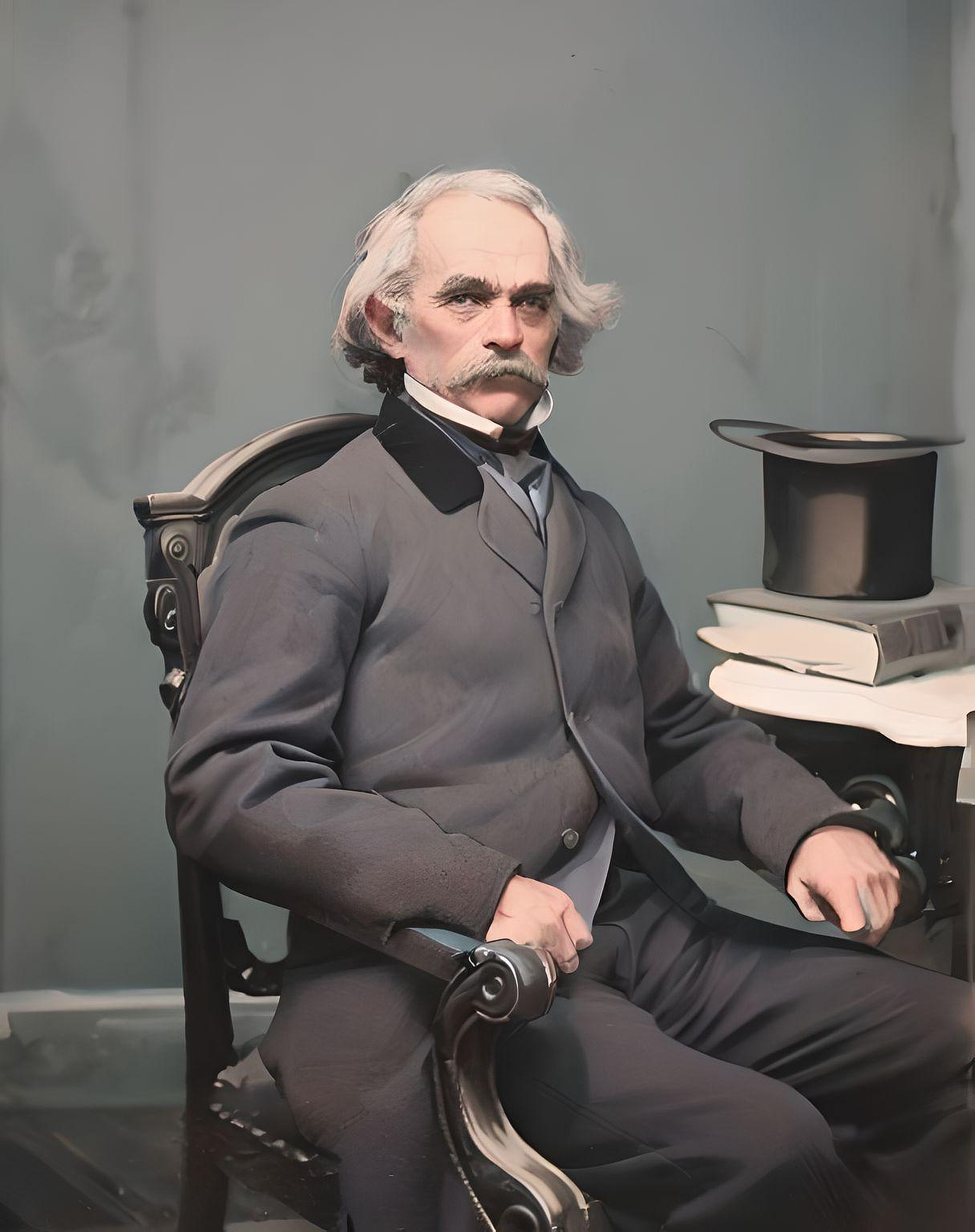
Nathaniel Hawthorne
1804-1864
Books
A Wonder Book For Boys And Girls
Nathaniel Hawthorne
Original price
$7.99
-
Original price
$13.99
Original price
$7.99
-
$13.99
$7.99
-
$13.99
Current price
$7.99
Classical Myths Eustace Bright, a Williams College student, acts as narrator retelling famous Greek myths to a group of school children. The myths ...
View full detailsTanglewood Tales
Nathaniel Hawthorne
Original price
$9.99
-
Original price
$14.99
Original price
$9.99
-
$14.99
$9.99
-
$14.99
Current price
$9.99
The Blithedale Romance
Nathaniel Hawthorne
Original price
$8.99
-
Original price
$8.99
Original price
$8.99
$8.99
-
$8.99
Current price
$8.99
A Romance Inspired by Hawthorne’s brief time at the Brook Farm commune, the story explores the conflicts between personal ambition, romantic entang...
View full detailsThe House of the Seven Gables
Nathaniel Hawthorne
Original price
$10.99
-
Original price
$18.99
Original price
$10.99
-
$18.99
$10.99
-
$18.99
Current price
$10.99
A Romance A gothic novel centered around a mysterious, decaying mansion in Salem, Massachusetts, and the family that inhabits it. The story follows...
View full detailsThe Scarlet Letter
Nathaniel Hawthorne
Original price
$8.99
-
Original price
$16.99
Original price
$8.99
-
$16.99
$8.99
-
$16.99
Current price
$8.99
A Romance A classic work of historical fiction set in the Puritan Massachusetts Bay Colony from 1642 to 1649. The novel tells the story of Hester P...
View full details





